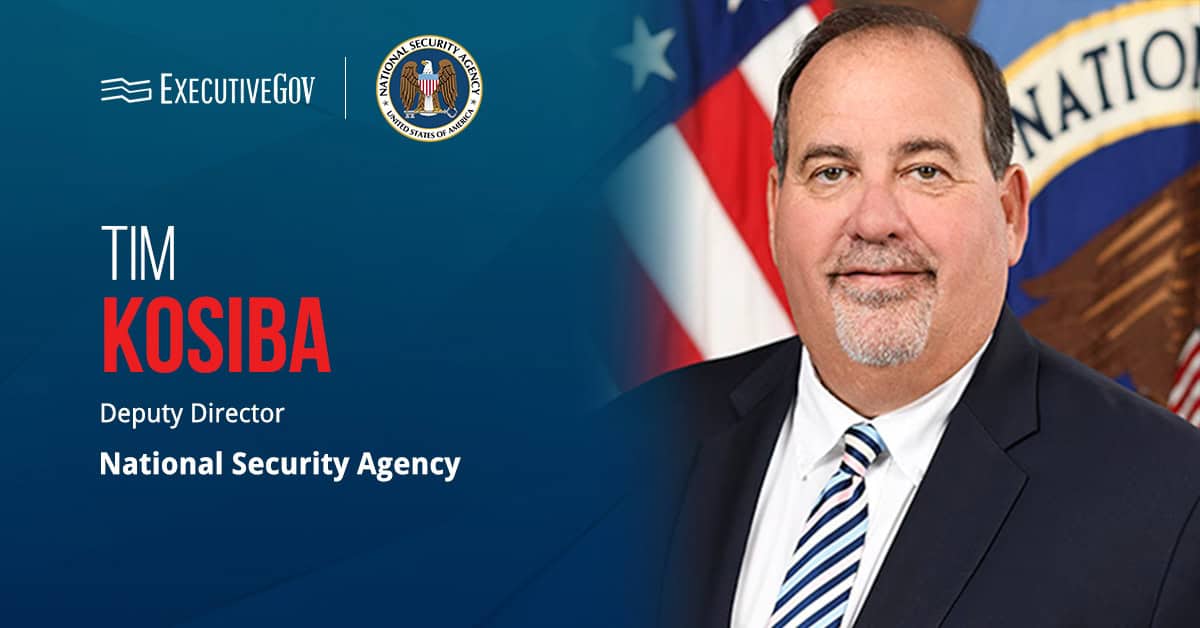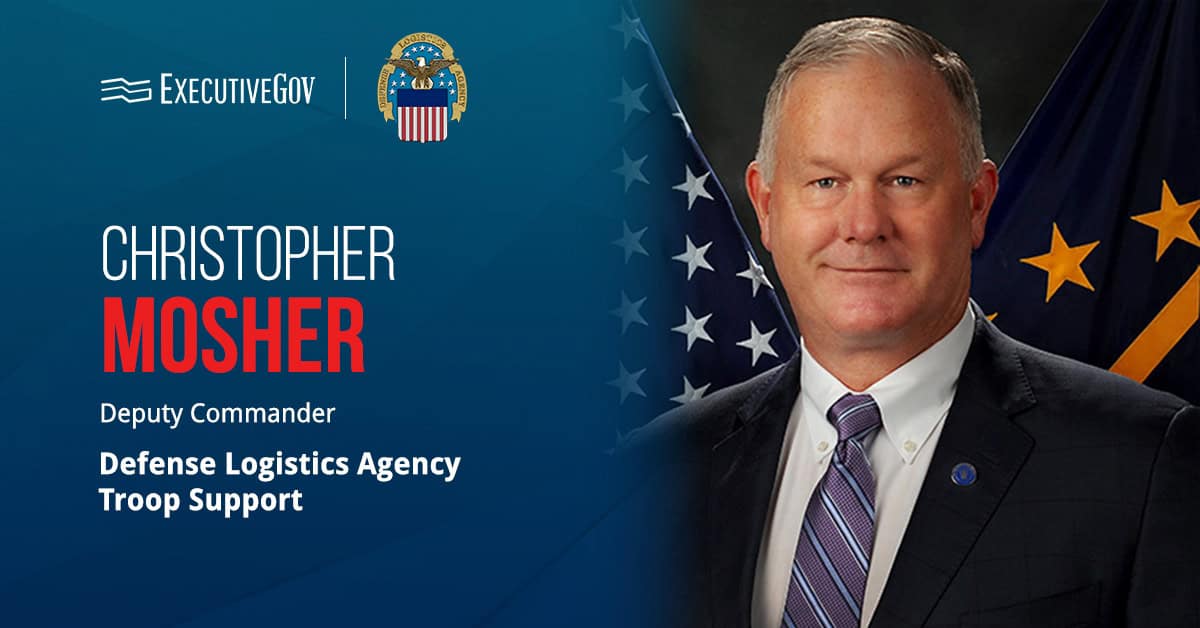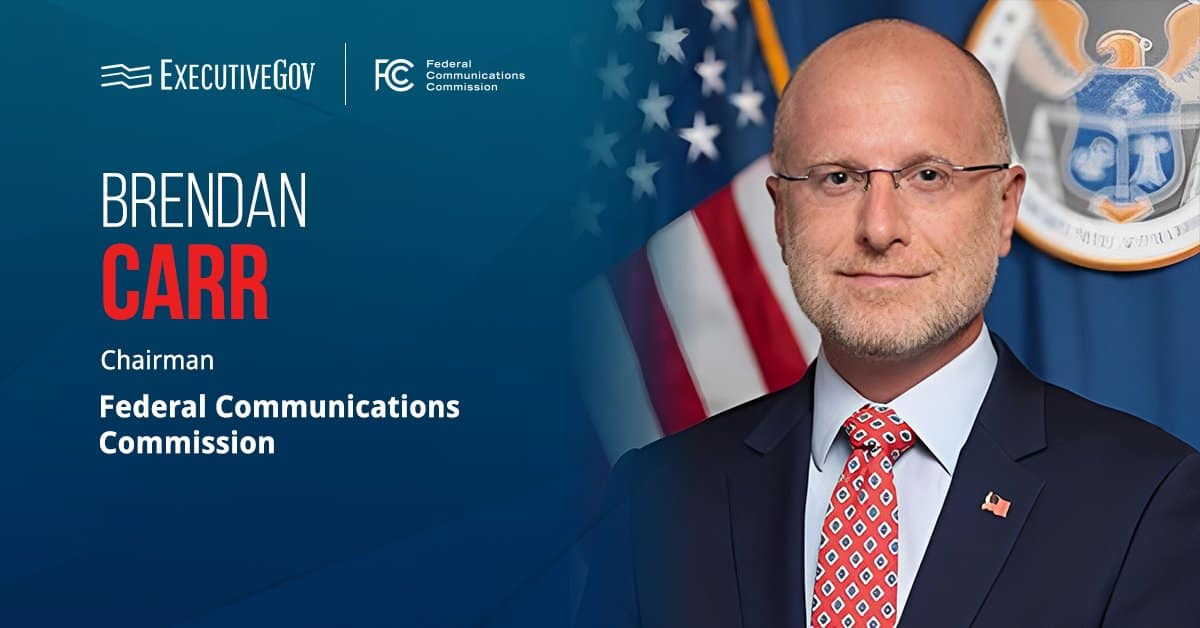Lt. Gen. Jacqueline Van Ovost, deputy commander at the Air Mobility Command, has been nominated to serve as AMC's commander. If confirmed, Van Ovost will succeed Gen. Maryanne Miller, who is slated to depart from her post after a 39-year career, the U.S. Air Force said Thursday.
Van Ovost started her career at USAF as a C-41B Starlifter pilot for the 17th and 76th Airlift Squadrons in 1989 and logged over 4,200 mission hours in various aircraft. She also led the 89th Airlift Wing and took the role of vice commander at the Air Force Expeditionary Center.
“I am honored and humbled by the nomination to serve as the next commander of Air Mobility Command,” said Van Ovost.
AMC has delivered medical supplies and transferred patients in support of COVID-19 response efforts.





